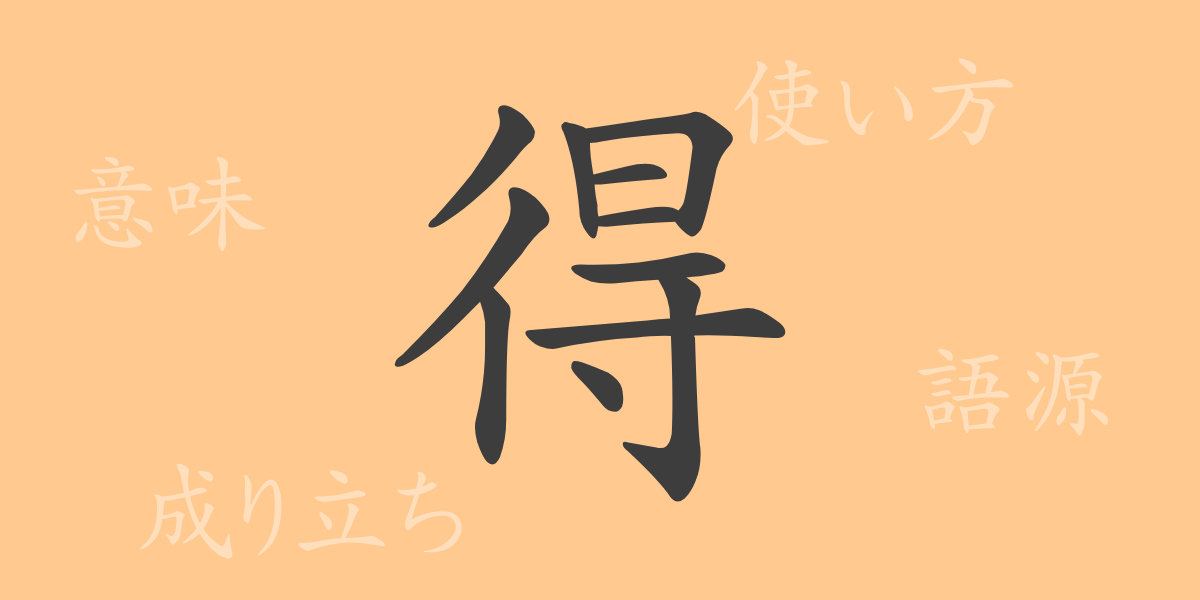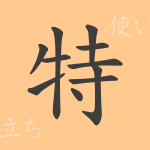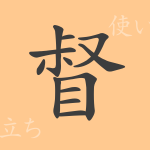The beauty of the Japanese language lies in its complexity and depth. Kanji, especially, symbolizes the power of words through the richness of meaning and beauty of each character. The commonly used Kanji ‘得 (とく)’ is no exception, frequently utilized in our daily lives and exhibiting its value across various contexts. This article delves into the character ‘得’, exploring its origins, meanings, usages, as well as the idioms and phrases it enriches, unveiling the profound world embodied by this single character.
Origins of ‘得 (とく)’
The Kanji ‘得’ was formed in ancient China and depicts the act of holding something in the hand. Initially, it signified the act of ‘obtaining’ or ‘acquiring’. Over time, it evolved to imply not only the active possibility of ‘being able to obtain’ but also took on a passive nuance like in ‘difficult to obtain’. This transformation illustrates how the usage of words can change over time.
Meaning and Usage of ‘得 (とく)’
In modern Japanese, ‘得’ is primarily used to mean ‘to gain a benefit’ or ‘to avoid loss’. It also serves as an auxiliary verb that expresses possibility or permission, as in ‘able to do something’. This versatility makes ‘得’ an incredibly useful and significant character in the language.
Readings, Stroke Count, and Radical of ‘得 (とく)’
Understanding the readings and structure of the Kanji ‘得’ is crucial for learning Japanese.
- Readings: On’yomi ‘トク’, Kun’yomi ‘える’, ‘うる’
- Stroke Count: ‘得’ consists of 11 strokes.
- Radical: The radical is ‘彳 (ぎょうにんべん)’.
Phrases, Idioms, and Proverbs Using ‘得 (とく)’
‘得’ appears in many idioms and proverbs, enriching the language’s expressions and deepening the meaning conveyed. For example, ‘得手勝手 (とくてかって)’ describes acting only in one’s own interest, ‘一得一失 (いちとくいっし)’ symbolizes having both gains and losses, and ‘得策 (とくさく)’ is used to mean the best strategy.
Conclusion on ‘得 (とく)’
The meanings imbued in a single Kanji can expand infinitely based on the contexts in which it is used. ‘得’, as suggested by its form, symbolizes the joy of acquiring something and the ability to enable that acquisition. As a crucial element of the Japanese language, understanding and effectively utilizing the expressive power of ‘得’ enhances our communication.

























